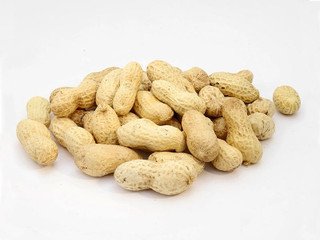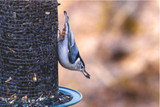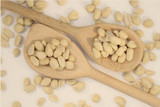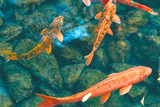How to reduce plastic pollution to help wildlife and nature
How does our plastic pollution affect wildlife?
With over 51 trillion pieces of plastic in our oceans, it's no surprise our wildlife is suffering. Marine animals and wild birds are some of the most affected, with most of our plastic ending up in their stomachs when they are foraging for food. In fact, two-thirds of all seabirds are affected by plastic and 98% of albatrosses have ingested plastic in their lifetime! Experts estimate that by 2050, there will be more plastic in our oceans than fish. From reusable coffee cups and shopping bags to saying no to plastic straws and cutlery, there are so many simple ways in which we can all make a difference to the amount of plastic in the ocean. Take a look and you’ll see how easy it actually is to reduce your plastic footprint.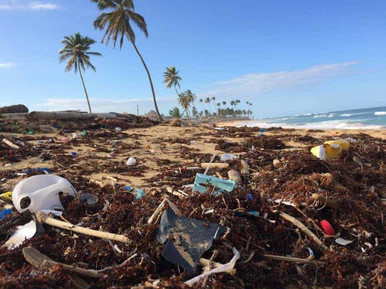
1. Carry a reusable water bottle
It’s estimated that each person goes through 170 plastic water bottles each year, so imagine the impact switching to a reusable water bottle could have. Reusable bottles are available in all shapes and sizes today, with aluminium bottles being one of the most popular choices. This simple switch really could make a huge difference to the amount of plastic in the ocean.2. Invest in a reusable coffee cup
At a first glance, coffee cups might look like they’re made from paper, but each coffee cup is lined with a thin layer of plastic inside to prevent any leakage. These types of cups are extremely hard to recycle and there are only three specialist recycling plants in the UK that can deal with them. Many coffee shops, including Starbucks, even offer discounts and rewards for bringing your own cup!3. Be mindful of fruits and vegetables in plastic packaging
The next time you head to the supermarket, be mindful of excess packaging on many fresh products. To reduce your plastic pollution and help our wild birds, simply opting for loose fruit and veg could help to cut your plastic footprint hugely. If you can’t find any items that aren't in plastic, you can leave the plastic with the supermarket who can then reuse it to wrap other products!4. Say no to plastic cutlery and straws
We use over 500 million plastic straws every day, and plastic cutlery use isn’t much better! Thankfully, many restaurants are taking a stance and have switched to paper straws. If paper straws aren’t available, or a takeout restaurant tries to give you plastic cutlery, simply saying no could make a big difference.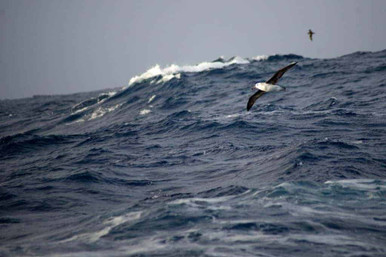
5. Carry reusable shopping bags
Reusable shopping bags are one of the most effective ways to reduce the use of plastic bags, many of which often end up in our oceans often swallowed by marine animals and wild birds. As many supermarkets in the UK now charge for plastic bags, bringing your own bags is an environmentally and financially viable option! Even clothing shops can charge for plastic bags, so why not carry a reusable bag around at all times?6. Choose cardboard wherever possible
Another way in which you can reduce your plastic consumption is by choosing cardboard products wherever possible. Cardboard is much more easily recycled than plastic and it will biodegrade over time.7. Choose recyclable products over single-use plastic
We know it can be difficult to cut plastic out completely, but opting for recycled or recyclable items could make a difference to the amount of plastic pollution we produce. Instead, choose items that are clearly marked recyclable or products that are made from recycled materials.8. Make a bird feeder out of your old plastic bottles
If you do have any plastic bottles, you could use them to make your own DIY bird feeder. Fill it up with some of their favourite bird food, like our plain bird seed, and you’ve got a recycled product that’ll be a hit with the wild birds in your garden. And there you have it, seven simple ways to help you reduce plastic pollution and really make a difference.Explore Popular Articles
-
How Sunflower Seeds Can Improve Your Bird's Health
14th Jun 2024Birds are quite attracted towards sunflower seeds, but have you ever wondered about sunflower seeds'
-
The Ultimate Guide to Feeding Peanuts to Birds: Benefits and Considerations
16th May 2024Feeding Peanuts to birds is a common practice due to their high nutritious value. Being an excellent
-
Signs of Overfeeding Fish: How to Spot and Prevent it
7th May 2024Do you know that fish are more likely to die from overfeeding than starvation? One of the most pre









